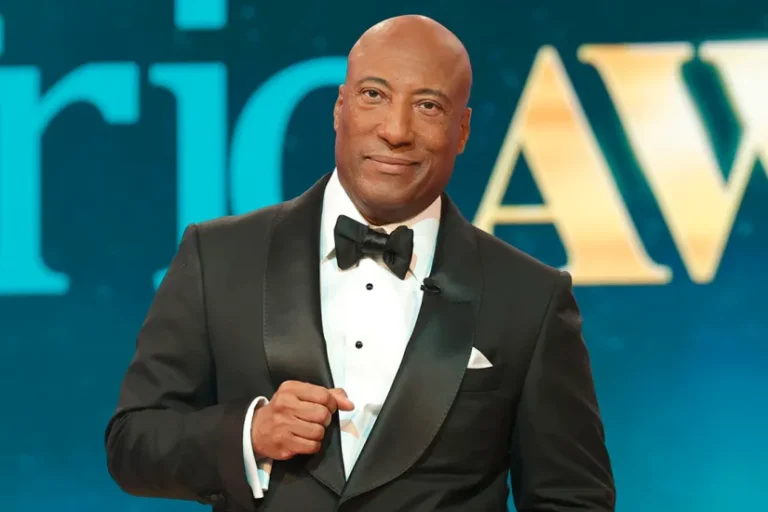Byron Allen, the media mogul and founder of Entertainment Studios, has recently faced a setback in his legal battle against McDonald’s Corporation. Allen’s company, Entertainment Studios Networks, filed a $100 million lawsuit against McDonald’s, alleging fraud and breach of contract related to advertising spending on Black-owned media outlets. However, a federal judge ruled in favor of McDonald’s, dismissing the lawsuit and delivering a blow to Allen’s legal efforts.
The lawsuit, which was filed in September 2021, accused McDonald’s of engaging in discriminatory practices by allegedly failing to fulfill its commitment to allocate a portion of its advertising budget to Black-owned media companies. Allen’s legal team argued that McDonald’s had made promises to increase advertising spending on Black-owned media as part of a diversity and inclusion initiative, but failed to deliver on those commitments.
In response, McDonald’s denied the allegations of fraud and argued that it had fulfilled its contractual obligations regarding advertising spending. The company maintained that its advertising decisions were based on business considerations and market factors, rather than any discriminatory intent.
After months of legal proceedings, U.S. District Judge Fernando Olguin dismissed the lawsuit, stating that Entertainment Studios Networks had failed to provide sufficient evidence to support its claims of fraud and breach of contract. The judge’s decision dealt a significant blow to Allen’s legal efforts and marked a setback in his quest for increased diversity and representation in the advertising industry.
In a statement following the ruling, McDonald’s reiterated its commitment to diversity and inclusion, stating that it would continue to work with diverse partners and invest in initiatives aimed at promoting equity and opportunity. The company also expressed satisfaction with the court’s decision to dismiss the lawsuit, affirming its position that it had acted in accordance with its contractual obligations.
For Byron Allen and Entertainment Studios Networks, the dismissal of the lawsuit represents a disappointing outcome in their efforts to hold McDonald’s accountable for its advertising practices. However, Allen has vowed to continue fighting for diversity and inclusion in the media industry, pledging to pursue other avenues to address what he perceives as systemic discrimination.
The outcome of this legal battle underscores the complexities and challenges associated with efforts to promote diversity and representation in corporate advertising. While Byron Allen’s lawsuit may have been unsuccessful, it has brought renewed attention to the issue of equitable advertising practices and the need for greater transparency and accountability in the industry.



